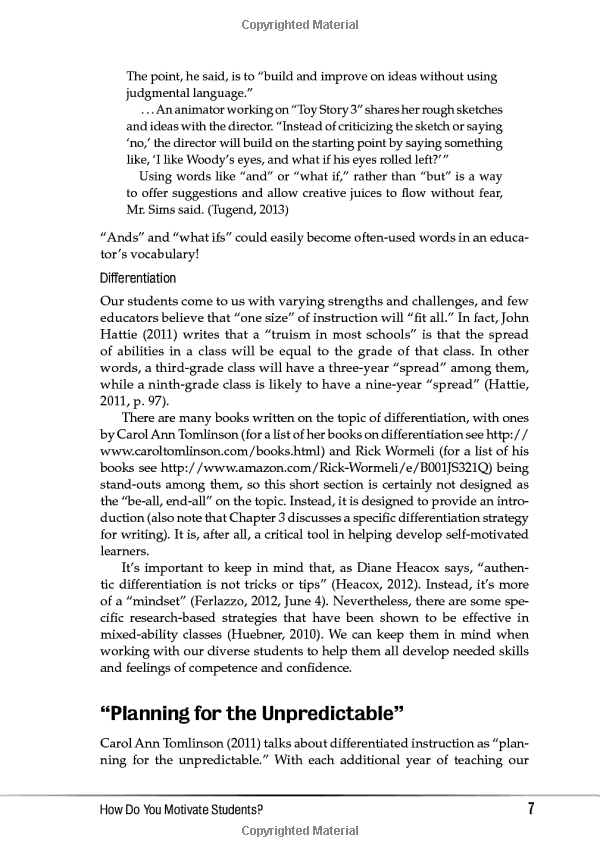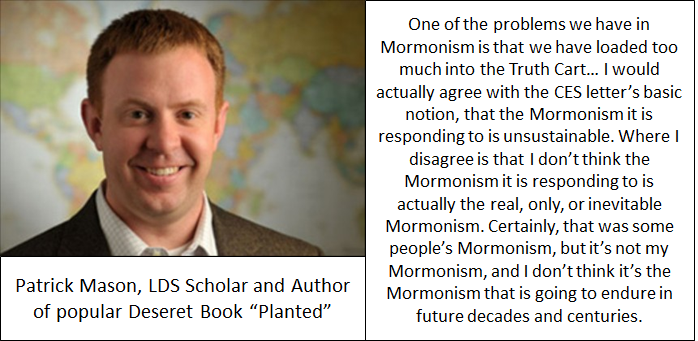Understanding the Teachings of 1 Peter 2:16-17: Embracing Freedom While Honoring Authority
#### 1 Peter 2:16-17 Translation1 Peter 2:16-17 states: "Live as free people, but do not use your freedom as a cover-up for evil; live as God’s slaves. Show……
#### 1 Peter 2:16-17 Translation
1 Peter 2:16-17 states: "Live as free people, but do not use your freedom as a cover-up for evil; live as God’s slaves. Show proper respect to everyone, love the family of believers, fear God, honor the emperor."
#### Detailed Description
In the heart of the New Testament, the verses from 1 Peter 2:16-17 provide profound insights into the Christian approach to freedom and authority. These verses are a compelling reminder of the balance that believers must maintain between enjoying the freedom granted by Christ and the responsibility that comes with it.

Firstly, freedom is a recurring theme in the Christian faith. Believers are called to live as free people, liberated from the bondage of sin and the law. This freedom, however, is not a license to indulge in wrongdoing. Instead, it is a call to live righteously, reflecting the character of God in every aspect of life. The phrase "do not use your freedom as a cover-up for evil" serves as a warning against the temptation to exploit grace for selfish desires. It challenges Christians to examine their motives and actions, ensuring they align with God’s will rather than personal gain.
Moreover, the verse emphasizes the concept of being God’s slaves. This paradoxical statement highlights that true freedom is found in servitude to God. When believers submit to God’s authority, they experience a deeper sense of liberation. This submission is not about losing freedom but rather about gaining the ultimate purpose and direction in life. It reflects a commitment to living according to God's standards, which leads to fulfillment and joy.
The subsequent exhortation to show proper respect to everyone underscores the importance of relationships within the Christian community and beyond. Respect is a foundational principle that fosters harmony and understanding. It encourages believers to view others through the lens of God’s love, acknowledging their inherent worth as creations of God. This respect is not limited to fellow believers but extends to all individuals, reinforcing the idea that Christians are called to be a light in the world.

In addition to respect, the call to love the family of believers highlights the significance of community within the faith. Love among believers is a testament to the transformative power of the Gospel. It serves as a witness to the world, demonstrating that the church is a place of refuge, support, and encouragement. This love is not merely emotional; it is actionable, manifested through service, kindness, and a genuine concern for one another's well-being.
Furthermore, the directive to fear God is a reminder of the reverence and awe that believers should hold towards their Creator. This fear is not about being afraid but rather about recognizing God's holiness and authority. It fosters a relationship built on trust and respect, motivating believers to live in a way that honors Him.
Finally, the call to honor the emperor introduces the concept of respecting earthly authorities. In a time when governmental powers may not always align with Christian values, this directive challenges believers to navigate their citizenship with wisdom and grace. It emphasizes the importance of being good citizens, contributing positively to society while remaining steadfast in their faith.

In conclusion, 1 Peter 2:16-17 encapsulates a powerful message about the interplay between freedom and responsibility. It encourages believers to embrace their identity as free individuals while committing to a life that honors God and respects others. By living out these principles, Christians can effectively witness to the transformative power of the Gospel in a world that desperately needs hope and guidance.